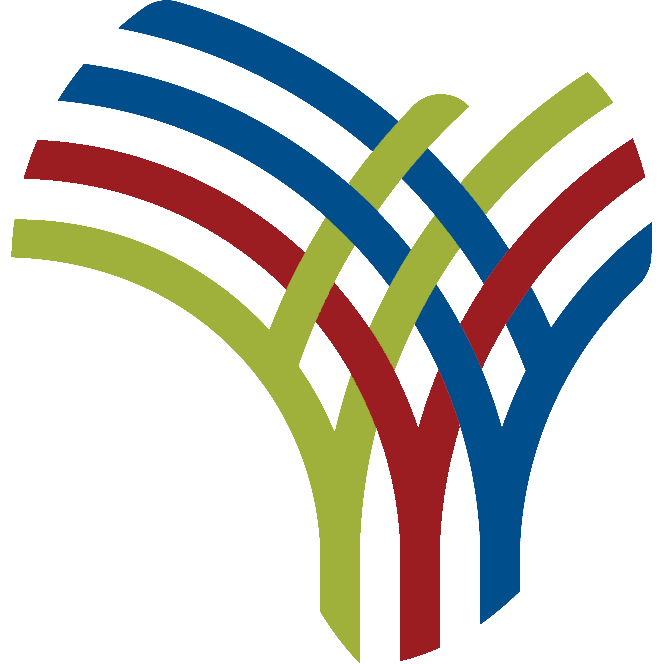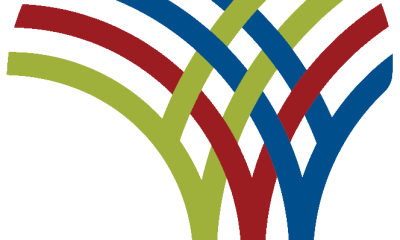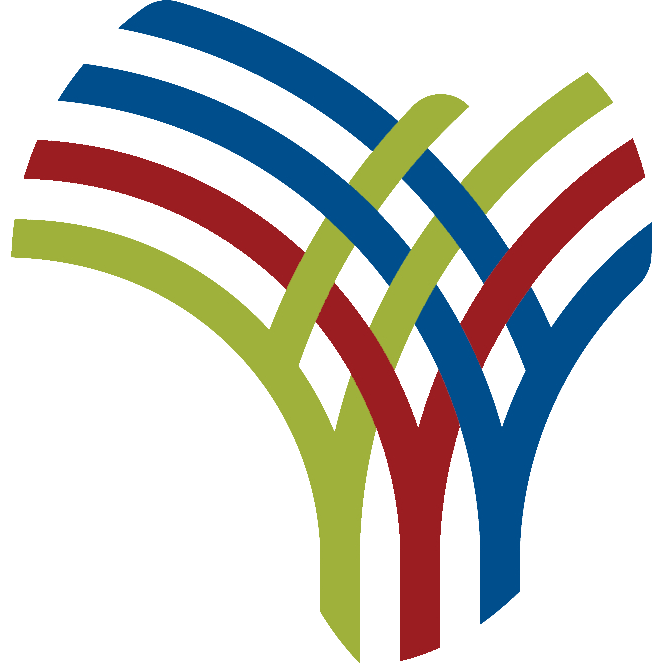The global burden of noncommunicable diseases (NCDs) and mental health conditions represents far more than a health and well-being challenge. The alarming figures – 43 million NCD-related deaths each year and one billion people living with mental health conditions worldwide – underscore the profound economic, equity and development implications of one of the most pressing global health issues of our time.
Heart disease, stroke, cancer, diabetes, chronic lung disease and other NCDs take and devastate countless lives, but also hinder human and economic development, drain billions from economies, and put the most vulnerable at disproportionate risk. The major modifiable risk factors for NCDs – tobacco and alcohol use, physical inactivity, unhealthy diets and air pollution – are driven by socioeconomic, environmental or commercial determinants of health. Our income, social status, or level of education, the environment which we are born and live in, as well as our ability to access and afford care, all influence effective NCD prevention, management and treatment services.
A crucial step to advancing sustainable development
As many of the root causes and consequences of NCDs lie outside the traditional domain of public health, effective governance and policy-making must be multisectoral, engaging finance, trade, social affairs, economic development, treasury, technology, education and other relevant government sectors.
Keep up with the latest headlines on WhatsApp | LinkedIn
The forthcoming political declaration of the Fourth High-Level meeting of the United Nations General Assembly on the prevention and control of noncommunicable diseases and the promotion of mental health and well-being recognizes that health is both a precondition for, and an outcome of, sustainable development as a whole. Across all its commitments, it calls upon countries to have operational, multisectoral, and integrated policies or action plans on noncommunicable diseases and mental health in place by 2030.
However, implementing multisectoral governance and developing coherent policies remains a practical challenge for many countries. Institutionalizing cross-sectoral governance and a “whole-of-government” approach with clear accountability, fostering leadership, leveraging interdisciplinary data and evidence, and reframing NCDs beyond a mere health issue often prove complex, costly, or difficult to sustain over time.
Still, countries are demonstrating promising progress in effectively formalizing, informing and promoting multisectoral action.
Incentivizing and sustaining multisectoral governance
Effective multisectoral collaboration builds on joint governance and accountability among different government sectors and public agencies, leadership at all levels, a culture of interdisciplinary communication and collaboration, as well as dedicated human and financial resources. As much as possible, these strategic pillars of multisectoral governance and action should be formalized through presidential orders or municipal bills, high-level cross-sectoral committees or working groups, dedicated workstreams and meetings, or targeted financing and budgeting.
In Finland, for example, an Advisory Board for Public Health convenes the Ministries of Agriculture and Forestry, Finance, Education and Culture, Employment and the Economy, Environment, Interior, Justice, Social Affairs and Health, and Transport and Communications. Through several national initiatives, the Advisory Board has improved decision-making on complex issues such as the negative impact of obesity on the working capacity of the population.
In Tanzania, the multisectoral National NCD Programme under the leadership of the Prime Minister’s Office includes a yearly multi-sectoral steering meeting and is supported by a network of dedicated focal persons specializing in health in all policies in multiple government agencies.
Leveraging multistakeholder data- and knowledge-sharing
Multisectoral NCD policies and programmes must draw and integrate diverse data sources, different types of evidence and interdisciplinary expertise, including from actors beyond the health sector, and include people living with NCDs, mental health and neurological conditions in the design and implementation of these policies.
The production, exchange and application of multisectoral evidence can be supported through multistakeholder collaboration whilst ensuring clear lines of measurable accountability for implementation. Governments should leverage the expertise of academia, communities, civil society and people living with NCDs, mental health and neurological conditions to ensure their meaningful engagement in NCD initiatives.
In Canada, for example, the Quality of Life Framework effectively combines health data with economic, social, governance, and environmental indicators to measure well-being and to inform federal budgeting processes and reporting.
In the small municipality of Paipa in Colombia, a digital information system helps policy-makers and public health specialists to monitor the health status of urban and rural communities, combining data on social, economic, housing, environmental and health needs in a single municipal system that informs multisectoral policies and programmes.
Reframing the NCD narrative
Formalizing multisectoral governance and leveraging interdisciplinary evidence also help reframe the narrative of NCDs as a pressing and increasing socio-economic, environmental, and development endeavor.
There are multiple strategies to address this communication challenge: emphasizing the co-benefits of multisectoral action – including economic gains, social equity, and environmental impact – and stressing the unsustainable costs of inaction and the devastating impact of health inequities; or anchoring NCD prevention and control in people’s right to health, the need for universal health coverage, or integrated primary health care. Strong, multisectoral narratives on NCDs are key to mobilizing different stakeholders, and a powerful means for building trust, and reducing siloed structures and competing priorities.
In Sri Lanka, for example, an educational initiative for the prevention of cardiovascular diseases and diabetes framed education as a tool for prevention, a long-term investment in human capital and a cross-sectoral responsibility, rather than just a health or education issue. Through the resulting multisectoral school health, screening and health promotion programme, this multisectoral initiative achieved a lasting, positive impact on tackling challenges of unhealthy diets, obesity and physical inactivity.
Get the latest in African news delivered straight to your inbox
By submitting above, you agree to our privacy policy.
Almost finished…
We need to confirm your email address.
To complete the process, please follow the instructions in the email we just sent you.
There was a problem processing your submission. Please try again later.
In the Philippines, a campaign to promote physical activity was reframed as an initiative for active transport and open spaces, presenting a health concern as a challenge for transport and urban planning. Since the programme’s inception in 2021, more than 500 km of bicycle lanes were built or improved in the Metropolitan areas of Manila, Davao, and Cebu as part as part of the Active Transport programme.
Key steps to advancing multisectoral governance and action on NCDs
In support of the global commitment by Member States to multisectoral collaboration in the forthcoming political declaration, governments, in collaboration with civil society and relevant partners, can advance cross-sectoral NCD policies and programmes in three key areas:
- institutionalize multisectoral governance with clear and transparent accountability, coherent NCD policies and joint action as sustainable and resilient government mechanisms, financing mechanisms, or national priority initiatives;
- strengthen coherent multisectoral data governance and evidence frameworks that include standardized, interoperable data collection systems and leverage expertise from diverse communities and people with lived experience; and
- reshape the predominant NCD narratives to highlight the co-benefits of multisectoral action and emphasize shared roles and accountability across sectors and actors.
About the series
This commentary is part of a series highlighting priority areas to accelerate progress in the global NCD and mental health response and address related global health equity challenges ahead of the Fourth High-Level Meeting of the United Nations General Assembly (UNHLM4) in 2025.
Discover the full series
Read the original article on WHO.
AllAfrica publishes around 500 reports a day from more than 110 news organizations and over 500 other institutions and individuals, representing a diversity of positions on every topic. We publish news and views ranging from vigorous opponents of governments to government publications and spokespersons. Publishers named above each report are responsible for their own content, which AllAfrica does not have the legal right to edit or correct.
Articles and commentaries that identify allAfrica.com as the publisher are produced or commissioned by AllAfrica. To address comments or complaints, please Contact us.
AllAfrica is a voice of, by and about Africa – aggregating, producing and distributing 500 news and information items daily from over 110 African news organizations and our own reporters to an African and global public. We operate from Cape Town, Dakar, Abuja, Johannesburg, Nairobi and Washington DC.
Get the latest in African news delivered straight to your inbox
By submitting above, you agree to our privacy policy.
Almost finished…
We need to confirm your email address.
To complete the process, please follow the instructions in the email we just sent you.
There was a problem processing your submission. Please try again later.
source
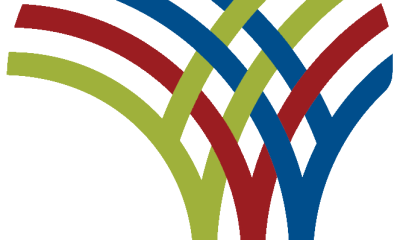
 Local6 days ago
Local6 days ago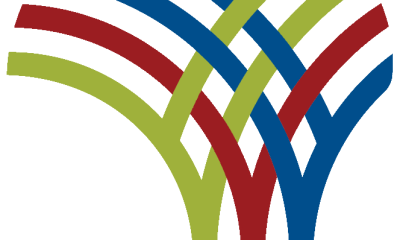
 Local6 days ago
Local6 days ago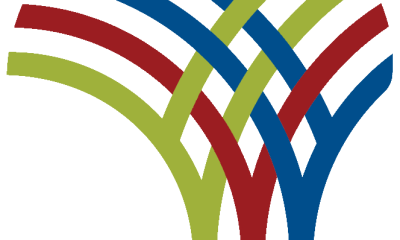
 Local5 days ago
Local5 days ago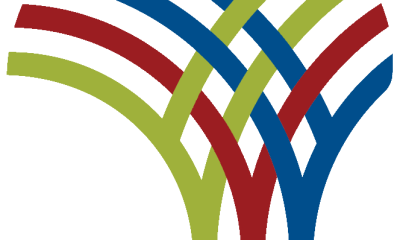
 Local4 days ago
Local4 days ago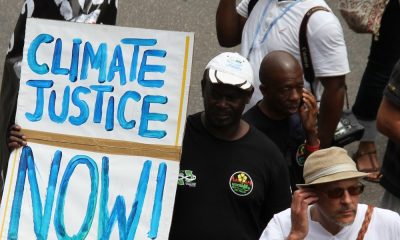
 Local2 days ago
Local2 days ago
 Sports5 days ago
Sports5 days ago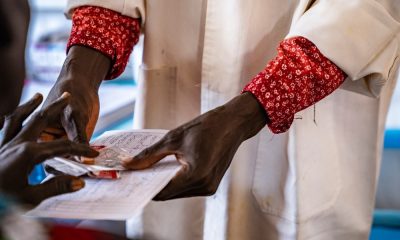
 Local4 days ago
Local4 days ago
 Local3 days ago
Local3 days ago

